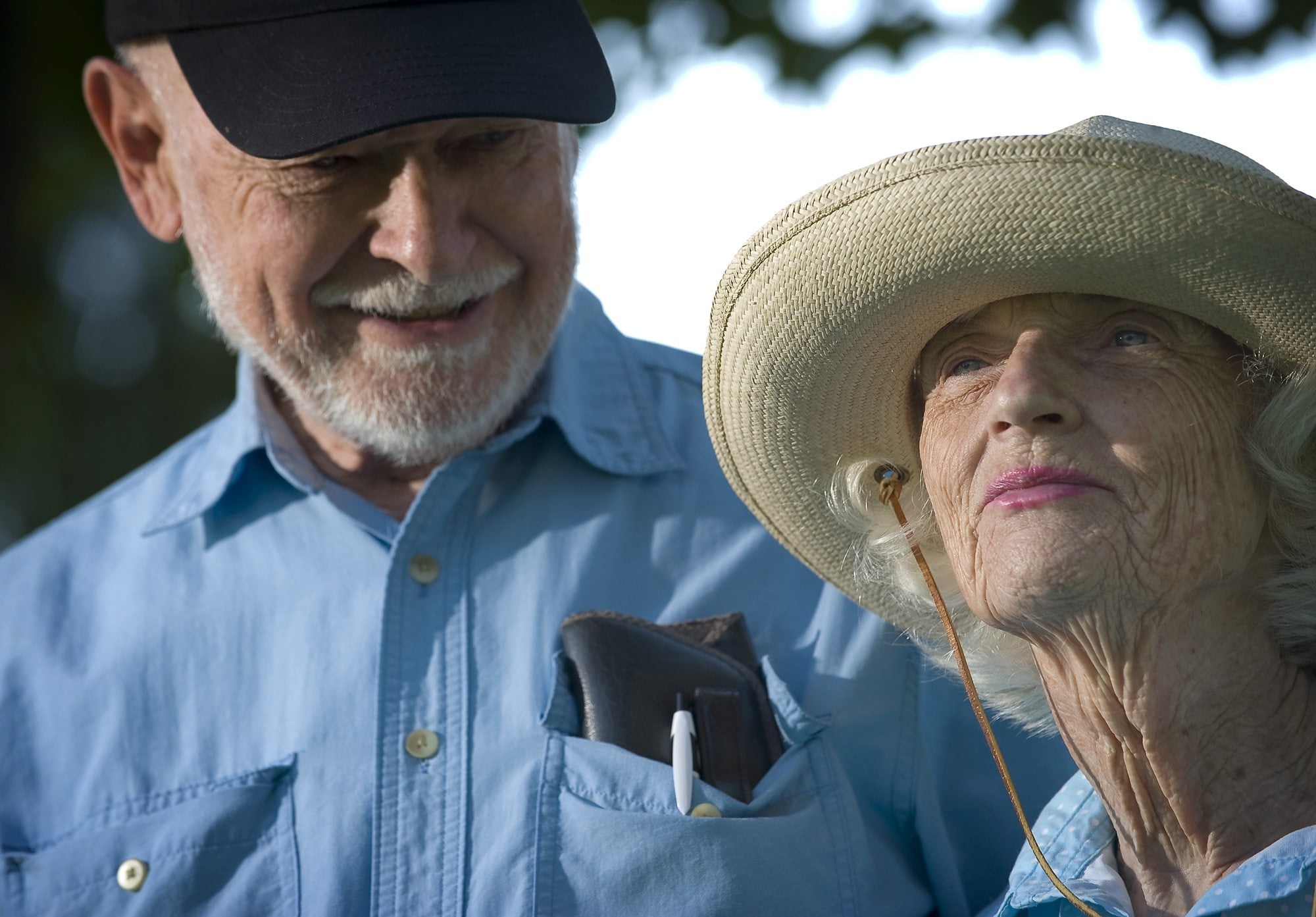Powerful Tools for Caregivers, a six-week class for unpaid caregivers.
When: 10 a.m. to 12:30 p.m. Mondays, Oct. 17-Nov. 21.
Where: Southwest Washington Agency on Aging and Disabilities; 201 N.E. 73rd St., Vancouver.
Registration: 360-694-8144; 888-637-6060
Cost: Free to any unpaid caregiver in Clark, Wahkiakum, Cowlitz, Skamania and Klickitat counties.
American Red Cross Family Caregiving, a direct-skills class for caregivers
When: 5-9 p.m. Sept. 27
Where: Southwest Washington Chapter of the American Red Cross
3114 E. Fourth Plain Blvd., Vancouver
Registration: 503-528-5614
Cost: $40
Families Caring for Elders: Navigating Life’s Challenges Together presentation
When: 6:30 p.m.-8:00 p.m. Sept. 20
Where: Providence Cancer Center Auditorium, 4805 N.E. Glisan, Portland.
Registration: http://aarp.cvent.com/d/0cq7hn or 877-926-8300
Vancouver resident Virg Birdsall used to wake up at 5 each morning to go to the gym. When his wife’s mid-stage Alzheimer’s disease caused her to begin to wander a year ago, Birdsall had to give up that ritual in order to be with her 24 hours a day, seven days a week.
“I am a very physical person,” said Birdsall, 83. “I like to do a lot of physical things. I had stopped doing that.”
Earlier this summer, Birdsall attended a cost-free program for unpaid caregivers that helped him to recover his daily exercise routine.
Powerful Tools for Caregivers is a six-week class offered at Vancouver’s Southwest Agency on Aging and Disabilities. The class centers on preserving and in some cases, reclaiming, the health and wellbeing of the caregiver.



